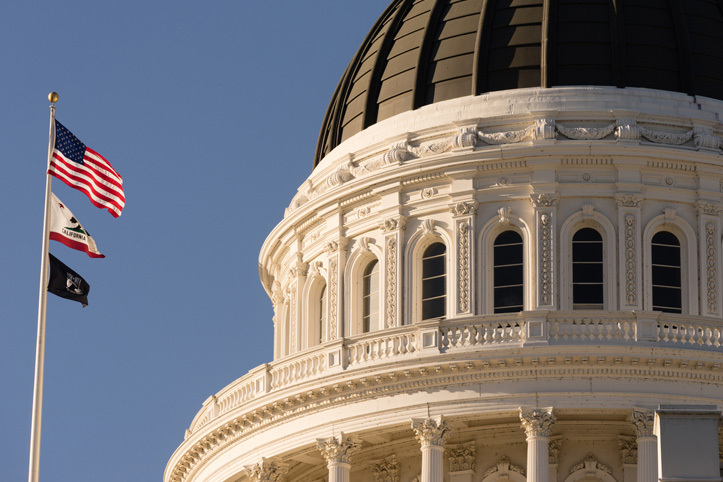
California Law Creates Statutory Safe Harbor for Certain Insurers Receiving Time-Limited Pre-Litigation Settlement Demands
Whenever a new statute is enacted and enforced, it is the citizens’ responsibility to keep themselves updated with how the new additions or changes to the existing statutes impact them. Very recently, a new statute has been enacted in California, enforceable from the 1st of January 2023, and its primary stakeholders are insurers and claimants. Let’s have a sneak peek at the new provisions of the new statute.
California Governor Gavin Newsom, on 28th September 2022 signed the new law SB 1155, which adds Chapter 3.2 to the California Code of Civil Procedure. The Chapter talks about ‘Time Limited Demands’ and adds sections 999 to 999.5 to the Code. Effective from 1st January 2023, the statute addresses issues in the insurance industry regarding the time frame for pre-litigation insurance claim settlements.
Prior to this enactment, concerns were raised about the increasingly unreasonable demands of the insurance sector that are being used as a litigation tactic to pressurize the insurance company into a settlement, without allowing a proper investigation of the claim. This in turn set up insurers for a lawsuit in bad faith.
Currently, there are a number of case laws that specify the insurer’s obligations toward a settlement of time-limited claims. However, the exact parameters that help understand whether or not a claim is reasonable, are still unclear. The determination of whether a claim is reasonable or unreasonable is decided on a case-to-case basis, and it was high time for a new statute that clearly stipulated criteria to gauge the reasonability of a claim.
The introduction of the new law addresses these issues and concerns, and claimants and insurers are required to take note of the same when claimants issue settlement demands under the motor vehicle, homeowner, commercial premises, or automobile insurance policies. The new law lists specific requirements for the contents of a time-limited settlement demand. This includes a 30-day time period to respond to the demand. Additionally, reasonable proof of the claimant’s alleged injuries and damages, too, needs to be attached.
The new law also offers protection to insurers against such demands that do not comply substantially with requirements and states that these cannot be the basis for a bad faith claim either. The provisions of this act are specifically applicable to causes of action and claims arising from automobile, vehicle, homeowner, or commercial premises liabilities arising from wrongful death, property damage, and personal or bodily injury claims. Any other types of insurance and claims arising thereof fall outside the purview of this newly enacted law.
The law specifically applies to Section 999(b)(2) which defines’ time-limited demands’. It does not apply to any claimant who is represented by counsel, which is talked about in Section 999.4(b). This ensures that only claims made by the claimants before initiating a lawsuit against the insured or referring the same to arbitration are covered under the new law. Lastly, only time-limited claims are initiated post the 1st of January 2023. Additionally, every time-limited claim must adhere to the requirements stipulated in Section 999.1.
The new act is indeed a much-needed enactment, as it has been drafted taking into consideration both claimants and insurers and their rights. San Francisco wrongful death attorneys are of the opinion that the new baseline criteria for reasonable time-limited demands are of great assistance to claimants seeking quick settlement of a claim. They are also of the opinion that the new act provides protection to insurers against any liability that may arise from the rejection of unreasonable settlement demands.


